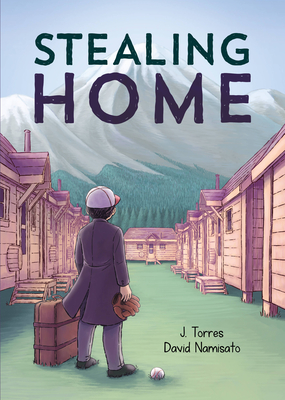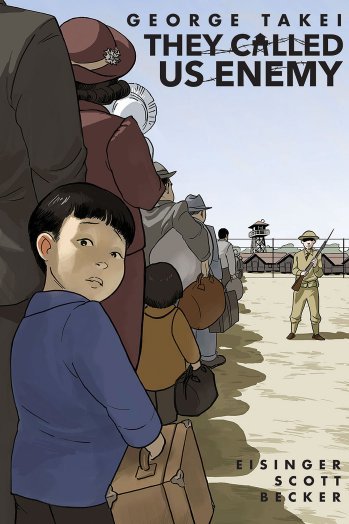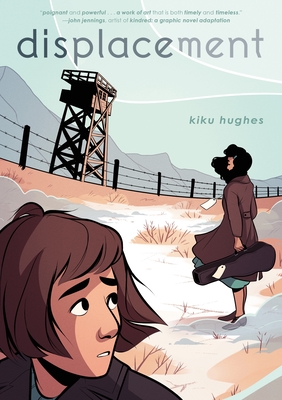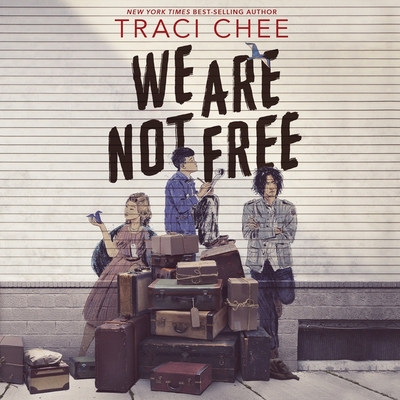Books about Japanese Incarceration in WW2

Recently I have been trying to update the novels in my human rights literature circle, focusing on themes relating to power and privilege. These days there are a wider selection of human rights themed books to choose from, ones where the author's own experiences or history help inform and drive the story. In the past, this unit focused on contemporary stories from other continents. Some of these stories are still useful, however they can leave the impression human rights issues are a distant problem. As a result, I have been investigating stories that reflect a history of human rights issues in North America, such as the incarceration of Japanese Canadians and Japanese Americans during World War II.
During World War II, both the United States and Canada forcibly removed American and Canadian citizens of Japanese descent from cities on the West coast. Often losing their property and most of their belongings, they were forced to move to incarceration camps and stay there for years. After the war, Japanese Canadians were given the choice to return to Japan or resettle in Eastern Canada. They didn't receive a formal government apology until 1988. A variety of books for middle grade and young adult readers focus on this topic and emphasize the impact these events had on Japanese Americans and Japanese Canadians.
- Stealing Home by J. Torres and David Namisato - This middle grade graphic novel tells the story of Sandy Saito, a Japanese Canadian boy whose family is forced to move to an internment camp after Pearl Harbour. Sandy adjusts to the absence of his father, who is a doctor kept busy by the awful conditions of the camp. He also finds hope and connection in playing baseball at the camp. The book is an approachable one for younger readers, particularly since it's story is told through the eyes of a child.

- They Called Us Enemy by George Takei, Justin Eisinger and Steven Scott - This graphic novel tells the true story of actor George Takei's childhood when his family was forced by the American government to move to a relocation center. I like that this recounts his lived experiences and also focuses on how these experiences in the camp shaped him after the war. A good read for upper elementary and beyond.

- Displacement by Kiku Hughes - In this graphic novel, the author casts herself as the main character who travels back in time and gets stuck in the 1940s. Alongside her young grandmother, Kiku experiences the displacement of the Japanese American community. The time travel element helps the modern reader better understand the events and connect them with current injustices relating to the incarceration of immigrants. This is a good book for middle years students and beyond.

- We Are Not Free by Traci Chee - This young adult novel tells the story of fourteen Japanese American teenagers who are forced out of San Francisco and into an incarceration camp. Each chapter recounts different experiences as the story moves forward through World War II, including the characters' forced removal from their homes, life in the camps and their eventual release. Characters are forced to make difficult choices, with some refusing to swear allegiance to a country that has treated them so poorly, others choosing to enlist in the army to prove their loyalty, and others deciding how to live in a country that views them as the enemy.

As Mark Twain may have said, history might not repeat itself, but it sure does rhyme. Focusing on a historical event like the unjust incarceration of Japanese Canadians gives students a lot to reflect on with the world today. The books are quick to point out connections between the rights of immigrants today and these events from the past. More broadly, it teaches us the importance of challenging people who seek to scapegoat or deny others their rights. The forced removal of Japanese Canadians happened here, while most stood by or called it necessary. These books provide a lesson about what happens when hate and fear are not challenged and they make a plea to not let it happen again.
